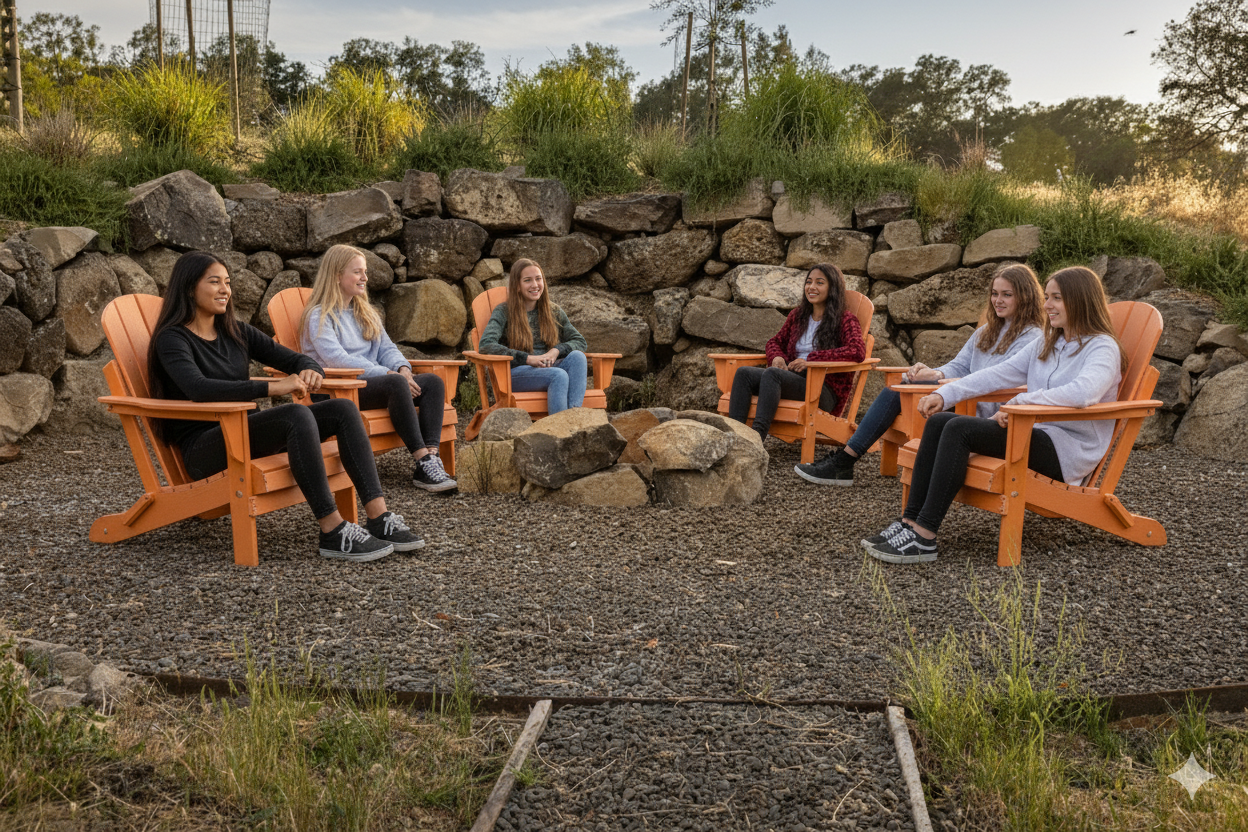Talking to your teen about substance abuse doesn’t just mean lecturing him on the risks of getting high or driving while intoxicated. Though it is important to share this kind of information with your children from a relatively early age, monologues will do little to sway your son’s choices in behavior. Instead of talking at your teen, you may get further by listening. The best way to get him talking? Ask him questions.
Ask Questions
Rather than asking direct questions about your son’s habits or behaviors, it might be easier to get him talking if you ask him about his friends. Here are some questions that can trigger a conversation about drug and alcohol abuse and help you to discern how your son feels about substance abuse. You can then attempt to gauge whether or not he is—or will soon be—drinking or getting high.
- Do you know people who buy (or sell) drugs at school?
- Have you ever seen people drink or get high at school or at a friend’s house?
- Do you know people who drive after drinking or using drugs?
- Do you know anyone who has posted a drunk picture or video of themselves – or someone else – on social media? What happened when people saw it?
- Has anyone you know ever gotten sick after drinking or doing drugs?
- Do you know anyone who has gone to the emergency room because they overdosed or had an accident because they were high or drunk?
If your son opens up and starts talking, it’s safe to ask more personal questions without risk of shutting down the conversation. Ask about your son’s attitudes toward drugs and alcohol, if he’s tried anything and if so when, how he views people who use drugs, and whether or not he could see himself ever trying it if he hasn’t. The more you know about his experience and what he thinks is true, the more you can right the wrong information and help guide him in a safer direction.
Too Late
Asking your son questions may give you some answers that you don’t want to hear. How do you handle it if it’s clear that your son is not at all concerned about drug and alcohol use or that he is actively abusing drugs or drinking?
In this case, a simple conversation is not enough. If your son is abusing drugs and has no intention—or ability—to stop on his own even with your assistance, professional therapeutic assistance is the next step. Contact us at Muir Wood today for more information.









